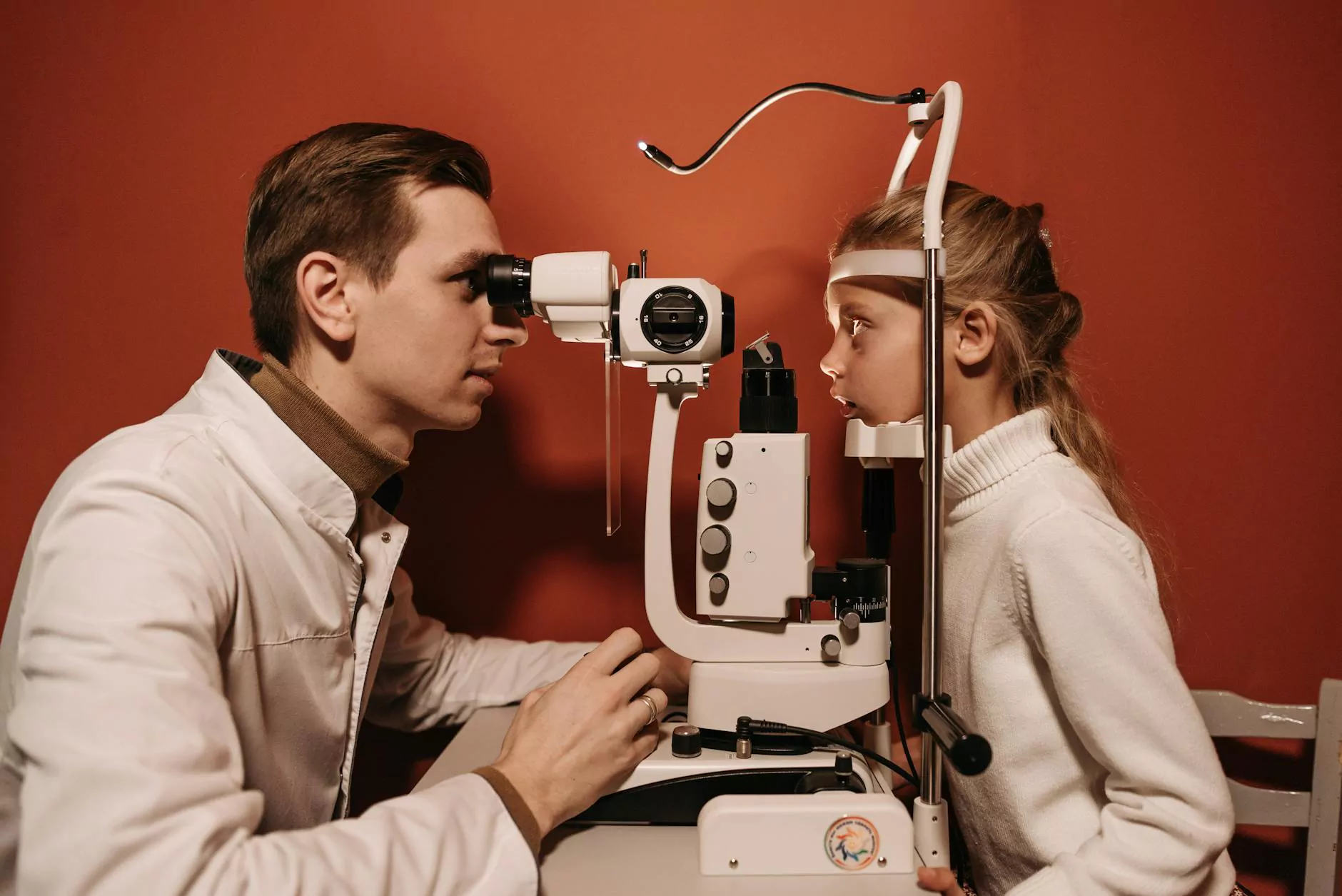What Is Allergic Conjunctivitis in Eyes
Health
Understanding Allergic Conjunctivitis
Allergic conjunctivitis in eyes is a common condition that affects many individuals. It refers to the inflammation of the conjunctiva, the clear outer layer covering the white part of the eye and the inner surface of the eyelids.
It is important to note that allergic conjunctivitis is different from other types of conjunctivitis, such as viral or bacterial conjunctivitis. Allergens, such as pollen, dust mites, pet dander, or certain medications, trigger the allergic reaction leading to this condition.
Symptoms of Allergic Conjunctivitis
The symptoms of allergic conjunctivitis may vary from person to person. However, common symptoms include:
- Redness and swelling of the eyes
- Excessive tearing or watery eyes
- Itchy and irritated eyes
- Burning or stinging sensation in the eyes
- Sensitivity to light
- Blurred vision
If you experience any of these symptoms, it is recommended to seek medical advice from a qualified healthcare professional.
Causes and Triggers
Allergic conjunctivitis is primarily caused by an allergic reaction to specific substances or triggers. These triggers can include:
- Pollen: Pollens from grass, trees, or flowers can trigger allergic reactions in some individuals.
- Dust Mites: Tiny organisms found in dust can be a common allergen for many people.
- Pet Dander: Allergies to pet dander, such as cats or dogs, can cause allergic conjunctivitis.
- Mold Spores: Mold growth in damp areas can release spores that trigger an allergic response.
- Certain Medications: Some medications, such as eye drops or ointments, can cause allergic conjunctivitis in certain individuals.
Treatment Options
The treatment for allergic conjunctivitis aims to relieve symptoms and reduce inflammation. Treatment options may include:
- Antihistamine eye drops: These eye drops help alleviate itching, redness, and swelling.
- Mast cell stabilizers: These medications prevent the release of histamines and stabilize the mast cells, reducing the allergic response.
- Steroid eye drops: In severe cases, steroid eye drops may be prescribed to reduce inflammation.
- Artificial tears: Lubricating eye drops can help relieve dryness and discomfort.
- Avoidance of allergens: Identifying and avoiding triggers can help prevent future episodes of allergic conjunctivitis.
It is important to consult with a healthcare professional to determine the most suitable treatment plan for your specific condition.
Prevention and Tips
While it may not always be possible to completely avoid allergens, certain precautions can be taken to minimize the risk of allergic conjunctivitis:
- Keep windows closed: Keeping windows closed during high pollen seasons can reduce exposure to allergens.
- Use air purifiers: Air purifiers can help filter out allergens and improve indoor air quality.
- Wear sunglasses: Wearing sunglasses can provide an additional barrier against allergens and protect your eyes.
- Regularly clean bedding: Regularly washing bedding in hot water can help remove dust mites and other allergens.
- Avoid rubbing your eyes: Rubbing your eyes can worsen symptoms and potentially lead to further irritation.
- Follow prescribed medication schedule: If prescribed medications, such as eye drops or antihistamines, follow the recommended dosage and schedule provided by your healthcare professional.
Conclusion
Allergic conjunctivitis in eyes can significantly impact the daily lives of affected individuals. Understanding the causes, symptoms, and treatment options is essential in managing this condition effectively. At Muir Diablo Occupational Medicine, we strive to provide comprehensive medical solutions for occupational health, helping individuals lead healthier lives.




